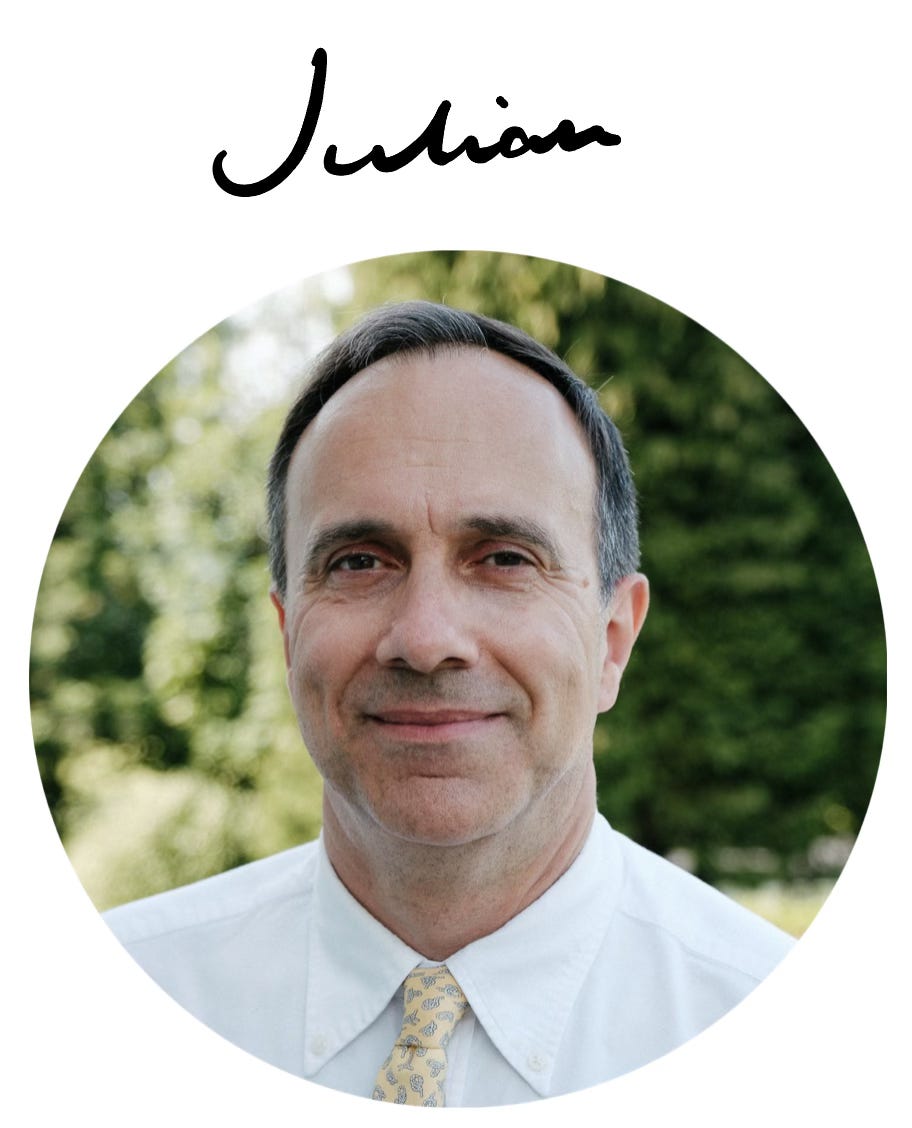180: The only sheep in town.
Tim Winton, AI and English, Hanne Ørstavik, 'King Lear', Emma Smith and Todd Borlik, Tom Newkirk, #edchatie and lots more.
New Year’s greetings to everyone. Hope you’ve had an excellent reading holiday: a reminder of my Books of 2024.
Keep reading with a 7-day free trial
Subscribe to The Fortnightly from Julian Girdham to keep reading this post and get 7 days of free access to the full post archives.




